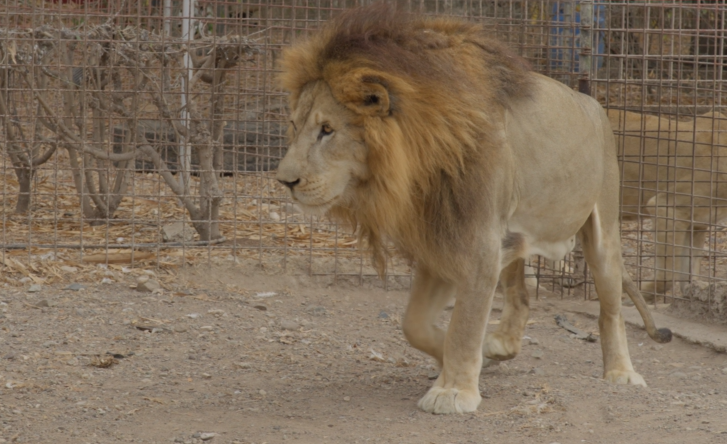At Avícola San Isidro, we are committed to minimizing our environmental footprint, optimizing resource use, and upholding animal welfare, as part of our vision for a more sustainable future.

We invest in sustainability and energy efficiency through our innovative biogas plant. By using anaerobic digestion, we convert daily organic waste into methane-rich biogas — a clean, renewable energy that powers our commitment to a greener future.
The biogas is subsequently directed to the boiler area of our balanced feed plant, where it serves as fuel for steam generation. This steam is essential to the feed production process, enabling both efficiency and sustainability.
This initiative allows us to make better use of our resources, reduce reliance on fossil fuels, and actively support carbon footprint reduction and environmental preservation.
The company has a specialized nursery which, thanks to the effort and dedication of its staff with special abilities, produces approximately 70,000 plants per year. This nursery is a fundamental pillar of the company, as it not only contributes to the production of over 40 species of ornamental plants, fruit trees, and other trees, but also plays an active role in our social and environmental commitment.
20% of the plants produced are donated to provincial governments and local decentralized governments (GADs) in the region, supporting the beautification and reforestation of nearby communities. The remaining 80% is used for planting in various areas of the company, located in the cantons of Isidro Ayora and Pedro Carbo.
With the aim of strengthening the AVISID team's connection with the environment and optimizing the company’s spaces, tree planting and reforestation activities are carried out, resulting in the planting of up to 13,000 plants annually.






Avícola San Isidro has successfully implemented a pilot plan at one of its breeder farms, incorporating solar panels with the goal of turning it into a photovoltaic plant. This project is part of the company's strategy to promote environmentally responsible practices and reduce its carbon footprint.
The integration of renewable energy into farm operations not only optimizes energy resources, but also enables greater efficiency and long-term cost reduction. Looking ahead, the company intends to replicate this model across more farms, with the goal of expanding its network of self-sustainable facilities and continuing to advance its commitment to sustainability





